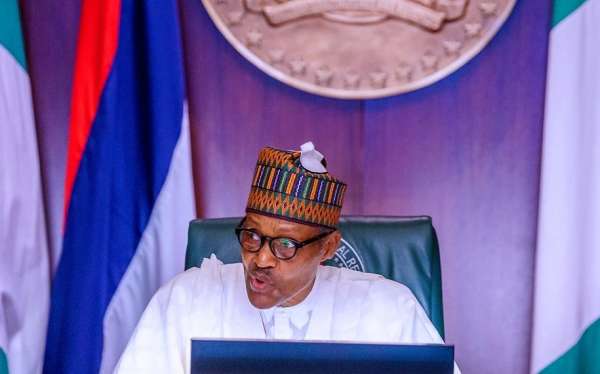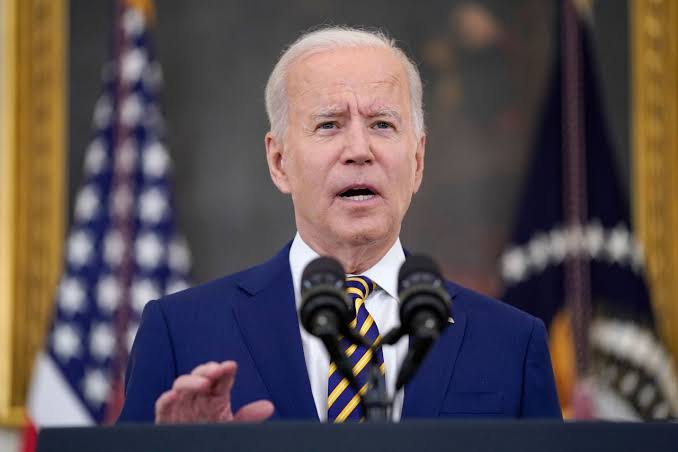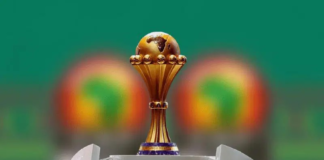The ECOWAS Court of Justice in Abuja has restrained the Federal Government from imposing sanctions or harassing, intimidating, arresting, or prosecuting Twitter.
It also restricted the government from carrying out such actions against any other social media service provider, as well as media houses, pending the hearing and determination of a suit challenging the government’s suspension of Twitter operations in Nigeria.
The court gave the restraining order after hearing arguments from parties in a suit filed by the Socio-Economic Rights and Accountability Project (SERAP) and 176 concerned Nigerians.
Human rights lawyer and Senior Advocate of Nigeria, Femi Falana, represented the plaintiffs while a legal practitioner, Maimuna Shiru, represented the government.
According to the court, interference with Twitter is a violation of human rights and the Nigerian government must take immediate steps to implement the order.
It stressed the need to hear the matter as soon as possible and adjourned until July 6, 2021, for the hearing of the substantive suit.
In the suit, the applicants argued that the suspension of Twitter by the government and criminalisation of Nigerians and others using the social media platform has escalated repression of human rights and unlawfully restricted the rights of citizens and others to freedom of expression, access to information, and media freedom in the country.
This followed the suspension of Twitter by the Federal Government after the social media giant deleted a tweet by President Muhammadu Buhari.
Thereafter, the National Broadcasting Commission (NBC) ordered television and radio stations to suspend the patronage of Twitter immediately.
The plaintiffs, in the suit marked ECW/CCJ/APP/23/21, sought an order of interim injunction restraining the Federal Government from implementing its suspension of Twitter in Nigeria, and subjecting anyone, including media houses and broadcast stations using Twitter in Nigeria to harassment, intimidation, arrest, and criminal prosecution, pending the hearing and determination of the substantive suit.
Part of the suit read,
If this application is not urgently granted, the Federal Government will continue to arbitrarily suspend Twitter and threaten to impose criminal and other sanctions on Nigerians, telecommunication companies, media houses, broadcast stations, and other people using Twitter in Nigeria, the perpetual order sought in this suit might be rendered nugatory.
The suspension of Twitter is aimed at intimidating and stopping Nigerians from using Twitter and other social media platforms to assess government policies, expose corruption, and criticize acts of official impunity by the agents of the Federal Government.
The free communication of information and ideas about public and political issues between citizens and elected representatives is essential. This implies a free press and other media able to comment on public issues without censor or restraints and to inform public opinion. The public also has a corresponding right to receive media output.
Freedom of expression is a fundamental human right and the full enjoyment of this right is central to achieving individual freedom and to developing democracy. It is not only the cornerstone of democracy but indispensable to a thriving civil society.
The arbitrary action by the Federal Government and its agents has negatively impacted millions of Nigerians who carry on their daily businesses and operational activities on Twitter. The suspension has also impeded the freedom of expression of millions of Nigerians, who criticize and influence government policies through the microblogging app.
The suspension of Twitter is arbitrary and there is no law in Nigeria today permitting the prosecution of people simply for peacefully exercising their human rights through Twitter and other social media platforms.
The suspension and threat of prosecution by the Federal Government constitute a fundamental breach of the country’s international human rights obligations including under Article 9 of the African Charter on Human and Peoples’ Rights and Article 19 of the International Covenant on Civil and Political Rights to which Nigeria is a state party.
The suspension has seriously undermined the ability of Nigerians and other people in the country to freely express themselves in a democracy and undermined the ability of journalists, media houses, broadcast stations, and other people to freely carry out their professional duties.





